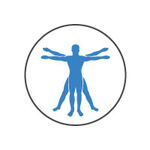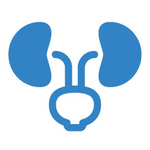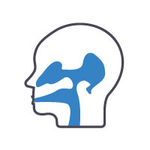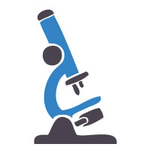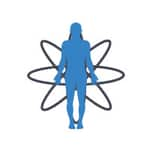
Physiology Course Details - Fees, Subjects, Syllabus, Duration, Eligibility, Career Scope
Degrees offered: M.D., M.Sc., Ph.D, B.Sc.(Hons), BS
What is Physiology
Physiology is a diverse field that explores the functions and mechanisms of the human body. It also looks at how an organism's physical, chemical and biological components interact, emphasising how crucial they are to survival. There are numerous undergraduate options, including a Bachelor in Physiotherapy (BPT), a Bachelor of Science in Physiology and a Bachelor of Arts in Physiology.
To be eligible for the undergraduate degrees in Physiology, students must complete their 10+2 education from a recognised board in India. They must also achieve an aggregate score of 50-60 per cent, 5-10 per cent relaxation for candidates belonging to the reserved categories. For postgraduate courses in Physiology, students must hold a bachelor's degree in Physiology or a related discipline with a valid aggregate score.
More than 500 colleges in the country provide physiology courses. Postgraduate degrees offered include Master's in Anatomy, Cell Biology, and Physiology, as well as Master's in Physiology. Students can also pursue an MSc in Physiology or an MSc in Human Physiology. This broad topic bridges the boundaries between several biological disciplines by investigating the fundamental roles of life.
Physiology Course Details- Highlights
| Particulars | Values |
|---|---|
Name | Physiology |
Physiology Degrees | UG: Bachelor in Science in Physiology, and Bachelor of Arts in Physiology. PG: MSc in Physiology or an MSc in Human Physiology |
Physiology Course Duration | UG: 4 years PG: 2 years |
Physiology Eligibility Criteria | UG: 10+2 from a recognised board and must have scored a minimum aggregate of 50 percent with Physics, Chemistry and Biology as main subjects. PG: Bachelor's degree in science stream and must score at least 60 per cent from a recognised institute in India. |
Physiology Entrance Examination | UG: CUET UG PG: NEET PG, INI CET |
Physiology Admission Process | Entrance Examination |
Physiology Average Fees | UG: Rs. 2 Lakhs PG: 2.5 Lakhs |
Physiology Job Profiles | Physiotherapist, Professor, Personal Trainer, Researcher, Therapist Assistant |
Physiology Top Recruiters | Hospitals, Healthcare Centres, Corporate Houses, Private Clinics, Universities |
Top Private Physiology Colleges in India with Fees
The fee in private Physiology colleges is significantly higher compared to government institutions. Below are a few top private colleges offering courses in physiology:
| Colleges | Fees |
|---|---|
| Amity University, Noida | Rs. 3.10 Lakhs |
| Amrita School of Medicine, Kochi | Rs. 19.11 Lakhs |
| Amrita Vishwa Vidyapeetham, Faridabad Campus | Rs. 5.63 Lakhs |
| Ananda Mohan College, Kolkata | Rs. 48,000 |
| Annapoorana Medical College and Hospital, Salem | Rs. 10.05 Lakhs |
| Bharati Vidyapeeth Deemed University Medical College, Pune | Rs. 22.50 Lakhs |
| Alluri Sitaramaraju Academy of Medical Sciences, Eluru | Rs. 2.86 Lakhs |
| CMCH Bhopal | Rs. 27.30 Lakhs |
| Christian Medical College, Ludhiana | Rs. 7.80 Lakhs |
Top Government Physiology Colleges in India with Fees
The tuition fees at these government institutions are usually more affordable compared to private institutions. A list of the top government colleges offering Physiology courses is mentioned below:
Eligibility Criteria (UG & PG) of Physiology
Eligibility Criteria (UG & PG) of Physiology
For every course, there are certain eligibility criteria that the candidate has to meet to be eligible for the respective course. To get admitted to the college of their choice, Physiology students must complete certain basic requirements. The following are the requirements for enrolling in a Physiology programme.
Eligibility Criteria for UG Degrees
Candidates who seek admission in Physiology courses at any university must fulfil certain eligibility criteria. This will help them to qualify for the university’s merit list. While these criteria may vary in certain aspects from university to university, the basic common points include:
- The aspirant must have completed 10+2 years of education from a recognised board.
- They must have scored a minimum aggregate of 50 per cent in 12th boards, with Physics, Chemistry and Biology as main subjects.
Top Entrance Examinations for UG Degrees
Aspiring candidates must take an entrance exam as the initial step in their journey to start the programme. Qualifying this exam is crucial, as it determines their eligibility to enrol in the desired course. Success in the entrance exam paves the way for admission into reputable institutions, setting the foundation for a career in physiology.
| Exam Name | Exam Level | Conducting Body | Exam Schedule |
|---|---|---|---|
National | NTA |
Eligibility Criteria for PG degrees
Students who meet the requirements can pursue a Master's degree in Physiology at the postgraduate level if they want to continue studying in the discipline. It equips graduates with specialised skills needed for roles like physiologists and biomedical researchers. Some of the common criteria include:
- The aspirant must hold a Bachelor's degree in the science stream, from a recognised university or college.
- The core subjects need to be Chemistry, Biology, Zoology, Botany and Physiology.
- They must score at least 60 per cent from a recognised institute in India.
Top Entrance Examinations for PG Degrees
Admission to postgraduate courses in Physiology relies on entrance exam scores. These exams assess candidates' aptitude in relevant fields and play a crucial role in determining admission to esteemed institutions offering specialised programmes in Physiology. Details regarding these exams are furnished in the table below:
| Exam Name | Exam Level | Conducting Body | Exam Schedule |
|---|---|---|---|
National | NBE | ||
National | AIIMS New Delhi |
College Predictors VIEW ALL
Scope of Physiology in India and Abroad
Physiologists with proper training and experience are always needed, both in hospitals and independent practices. Graduates in physiology and seasoned physiologists can establish independent practices, serve as contract employees for various hospitals, or land permanent jobs. They can also help persons of all ages with communication problems as speech and language therapists.
They can choose to pursue careers as research scientists in physiology, looking for novel approaches to treatment problems and replacing outdated ones. International opportunities in academics, clinical research, and healthcare facilities are also provided in Physiology.
Course Fees Physiology
| Minimum Fees | Maximum Fees | |||
|---|---|---|---|---|
| Private | Government | Private | Government | |
| UG | ||||
| PG | ||||
| DOCTORAL | ||||
Course Subjects
The course curriculum of Physiology generally covers the functions of the human body, systems and levels of organisation. Some of the important subjects include Cellular Physiology, Nervous System, Cardiovascular System, Respiratory System, Digestive System, and Endocrine System. In this section, we will discuss the UG and PG syllabus for Physiology.
Physiology Syllabus for UG Courses
The general subjects taught in the Bachelor's and Master's programmes are usually divided into semesters, through the different years.The syllabus of Physiology at the UG level includes subjects like Cell Biology, Human Anatomy, and Biochemistry. The syllabus outlined below is from Kalyani University:
Semester 1 | |
Foundations of Physiology- 1 | Basics of Physiology-1 |
Physiology of Nutrition and Dietetics | Haematological Techniques;2. Forensic Studies |
Semester 2 | |
Foundations of Physiology 2 | Physical and Cultural Physiology |
Communicative English | 1. Clinical and Diagnostic Physiology; 2. Food Safety (any one) |
Semester 3 | |
Body Fluids and Human Immunity | Basics of Physiology-2 |
Community Health Awareness | Computational Physiology Or Health and Nutrition (Any one) |
Semester 4 | |
Metabolic Physiology MIL Semester 5 Advanced Cellular Physiology Physiology Practical Semester 6 Respiration and Cardiovascular Function Human Nutrition Semester 7 Functions of the Kidney Perspectives of Man at Work Semester 8 Physical and Biological Environment Biological Rhythms, Population and Developmental Phenomena Biological Instrumentation and Literature Studies in Physiology | Hormones and Reproduction - Skin and Muscle Function - Brain Function Microbiology and Genetic Basis of Life Basics of Physiology-3 Life in a Challenging Environment Public Health - |
Physiology Syllabus for PG Courses
The postgraduate course in Physiology, such as the MSc in Physiology, introduces students to advanced topics in human body functions and biological processes. Students gain in-depth knowledge and specialised skills in physiology. Mentioned in the table below is the syllabus for the MSc Physiology course.
Semester 1 | |
Cell Biology, Molecular Biology, Cytogenetics, and Immunology | Enzyme, Bioenergetics, Metabolism and Microbiology |
Homeostasis of Internal Environment in Human, Stress Physiology, Alimentation, and Excretion Clinical Enzymology and Cytogenetics | Biophysics, Nutrition and Histochemistry Histology and Histochemistry |
Semester 2 | |
Cell Membrane Dynamics | Central Nervous System and Sensory Physiology |
Sports and Exercise Physiology Amphibian Experimental Physiology and Educational Field Tour Report | Ergonomics & Chronobiology Mammalian Physiology Experiments and Human Physiology Experiments |
Semester 3 | |
Endocrinology and Bioinstrumentation | Biostatistics and Computer Applications |
Environmental Physiology and Occupational Health Endocrinology and Reproduction Environmental Physiology Nutrition and Dietetics Ergonomics and Occupational Health Sports and Exercise Physiology | Nutrition and Dietetics Ergonomics and Occupational Health Sports and Exercise Physiology Endocrinology and Reproduction Environmental Physiology Community Health Assessment |
Semester 4 | |
Developmental Biology and Population Science | Reproductive Biology, Environmental Physiology and Evaluation |
Toxicology, Xenobiotics and human health; Evolutionary Biology | Nutrition and Dietetics |
Endocrinology and Reproduction Environmental Physiology | Ergonomics and Occupational Health Biomechanics, Kinesiology in sports and exercise |
Nutrition and Dietetics | Endocrinology and Reproduction |
Ergonomics and Occupational Health | Environmental Physiology |
Biomechanics, Kinesiology in sports and exercise | Dissertation (Empirical or Non-empirical) |
Careers in Physiology
People with training in physiology are in great demand due to the increased focus on health and wellness. They support general health and well-being by advancing our knowledge of how the body works, creating novel therapies, and improving healthcare procedures. They could also work as personal trainers, even for high profile individuals after having enough experience.
Upcoming trends
Advances in imaging technology, telehealth, customised medicine, and integrative healthcare are transforming the field of physiology. These developments seek to address public health issues, promote innovation in medical research, increase diagnostic accuracy, and improve patient care by making healthcare more accessible and efficient.
- Personalised Medical Care
- Complementary Medical Care
- Advanced Imaging Techniques
- Regenerative Medicine
- Telehealth
Job Profiles and Top Recruiters
Job prospects in physiology vary according to the degrees and levels stated above. After completing an MSc in Physiology, individuals can work as laboratory technicians, research assistants, or clinical physiologists in hospitals. Those with a PhD in Physiology can pursue careers in advanced research, contributing to scientific discoveries and innovations. They can also enter the teaching profession. Some of the career options are mentioned below.
| Job Profiles | Job Description |
|---|---|
Therapist Assistant | Therapy Assistants are professionals who help therapists with their therapies and assist them in developing new methods to address different problems. They support the implementation of treatment plans and contribute to creative, innovative approaches. |
Physiotherapists are professionals who identify, diagnose, and figure out the cause of injuries sustained by people. They also help these people recover from their injuries through therapy and physical exercise. | |
Professor | Professors teach and impart knowledge to students in Bachelor's, Master's, and PhD courses, according to their qualifications. They are responsible for delivering lectures, conducting research, and guiding students in their academic and professional development. |
Personal Trainer | Personal trainers work individually with clients. They form and develop certain fitness plans for them and help them follow the same. They also help them lose/gain weight and recover from certain injuries. |
Researchers work in hospitals to observe abnormalities and organs in living beings' bodies, to diagnose and detect diseases. They are also involved in finding effective treatments for various medical conditions. |
Average Salary
There are numerous career opportunities in the field of Physiology, including roles such as Clinical Physiologist and Research Scientist. Salaries can vary based on factors such as location, job profile, and the candidate's skills and experience. Below are the average salaries for various positions in Physiology.
| Job Profile | Average Salary |
|---|---|
Therapy Assistant | Rs. 10.8 LPA |
Physiotherapist | Rs. 3.3 LPA |
Professor | Rs. 16 LPA |
Personal trainer | Rs. 3.9 LPA |
Researcher | Rs. 9.1 LPA |
Source: Ambition Box
Required Skillset for Physiology
Candidates must have certain skills to get the most out of their degree in Physiology. These skills will help the candidate to perform well in the field both academically and professionally. Mentioned below are the skills in the field of Physiology.
- Communication Skills
- Problem-Solving Ability
- Logical Reasoning
- Ability to Work and Cooperate with People
- Time Management
- Empathy
Course Curriculum for Physiology
Physiology courses provide students with the knowledge of the internal workings of creatures' bodies and the systems that keep them alive, preparing them for professions in the subject. They acquire fundamental research skills through practical lab training, data analysis, and learning how to apply maths and statistics to understand physiological data.
Additionally, students learn how to compile data from a variety of sources in order to make informed conclusions about biological issues. As they plan and execute scientific investigations, they talk about moral issues, including acceptable research methods. For those interested in pursuing careers in physiology and related biological sciences, these courses provide vital knowledge and skills.
Popular Physiology Entrance Exams in India
Frequently Asked Questions (FAQs)
Question: Are there opportunities for research in Physiology?
Answer :
Indeed, there are plenty of research prospects in physiology, including the ability to examine how the body works and create new treatments.
Question: Can I work in healthcare with a Physiology degree?
Answer :
Yes, physiologists frequently work in medical facilities like clinics and hospitals, where they offer crucial insights into patient care.
Question: How important is it to learn physiology?
Answer :
Understanding how organisms function is essential for improving scientific and medical understanding, and this can be achieved through studying physiology.
Question: What careers can I pursue with a degree in Physiology?
Answer :
Graduates can find employment in a variety of sectors, including education, research, healthcare, and wellness and rehabilitation facilities.
Question: What are the key skills needed for a career in Physiology?
Answer :
Communication, problem-solving, thinking, teamwork, time management, and empathy are all crucial abilities.
Questions related to Physiology
Closing rank previous yr md physiology in bangalore medical college
Hello dear student,
As per your request here's the round - by - round closing rank of physiology in bangalore medical college 2024 :-
ROUND 1:- 54,493
ROUND 2:- 57,292
ROUND 3:- 84,538
ROUND 4 (last round) :- 110,373
(general category, AI quota)
Thank You.
Could you please share the details regarding "Bsc neuro physiology colleges in hyderabad"
Nizam's Institute of Medical Sciences, Hyderabad
- 4 year B.Sc neuro technology program including compulsory internship
- Eligiblity: 10+2 with PCB and english and TS EAMCET qualified
MNR University, Hyderabad
- 4 year B.Sc Hons in Neuro Science and Technology
- Eligibility: merit based
Malla Reddy Viswavidyapeeth, Hydrocarbons
- 4 year course of B.Sc Neuroscience Technology
- Eligibility: merit based
College me BA me physiology subject available he kya?
BA programs in most Indian universities generally focus on subjects under the arts and humanities stream, such as English, History, Political Science, Sociology, and Psychology. Physiology, however, is more commonly offered under science streams like BSc in Physiology, BSc in Zoology, or BSc in Biology-related courses. If you are specifically looking for “Physiology” as a subject in BA, it is quite rare. In some universities, there is a combination where Physiology is offered alongside Psychology in BA, but it’s not very common. If your interest is purely in human biology and body functions, then a BSc program would be more appropriate. You should check the course curriculum of the specific college you are targeting. Visit the official website, download the BA syllabus, and see if Physiology appears as a paper or elective. If your aim is to study Physiology for career purposes like research, teaching, or health sciences, then I recommend going for BSc or integrated programs where you can study it in detail.
Thank you, and I hope you find the perfect course for your interest!
Which exam to get admission in PGimer chandigarh in msc.physiology
To get into M.Sc. Physiology at PGIMER Chandigarh , apply and appear for the PGIMER MSc Entrance Exam , held annually. Make sure you meet the eligibility and apply on time through the official portal.
Eligibility detail:
Educational Qualification: B.Sc. in Physiology / Zoology / Botany / Life Sciences / Biochemistry / Microbiology / B.Sc. MLT or B.Sc. Medical Sciences or equivalent from a recognized university.
Minimum Marks: At least 55% aggregate marks (50% for SC/ST/OBC candidates)
Which exam to get admission in PGimer chandigarh in msc.physiology
HELLO,
To get admission into the M.Sc physiology program at PGMIER Chandigarh , you will need to appear for the PGIMER M.Sc Entrance exam .This exam is conducted by PGIMER for admission to various postgraduates and doctoral courses .
Here is all the necessary details for you :-
1.PGIMER M.Sc. Entrance exam is the specific exam for M.Sc program at PGIMER including physiology.
2.For MD, MS ,DM and M.Ch. courses , INI CET is the primary entrance exam
Hope that helps!




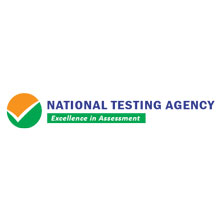


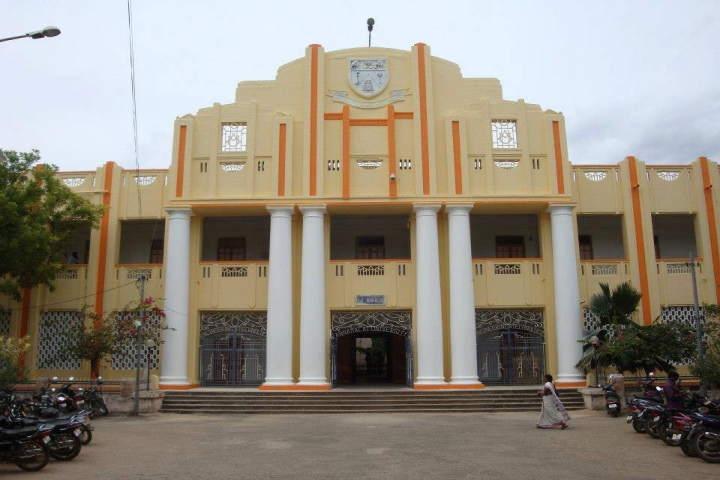
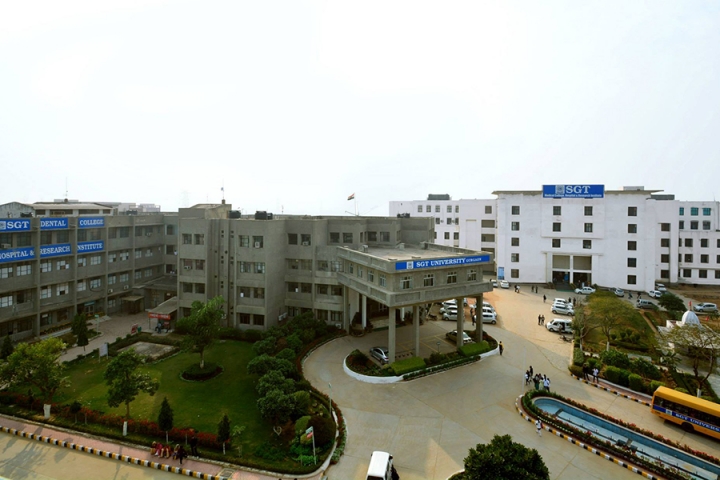
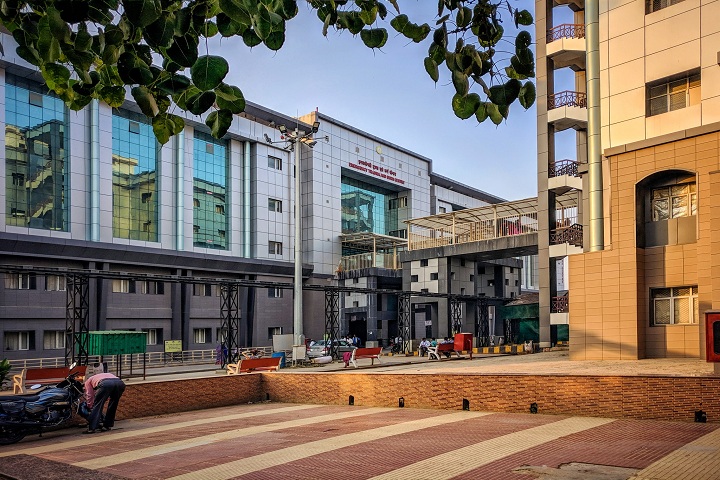
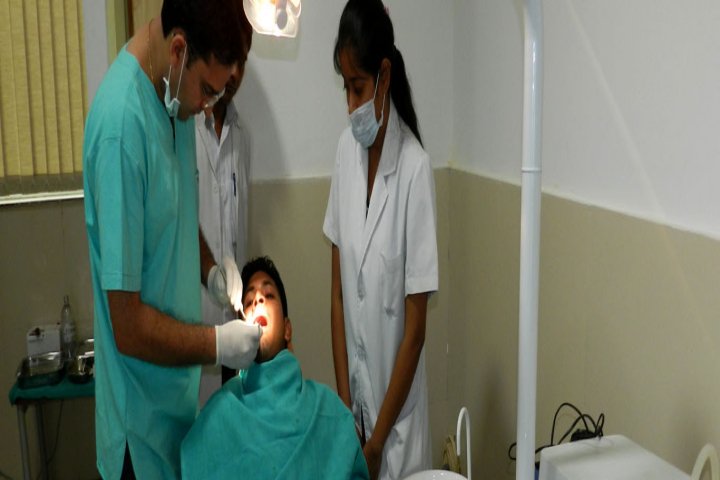
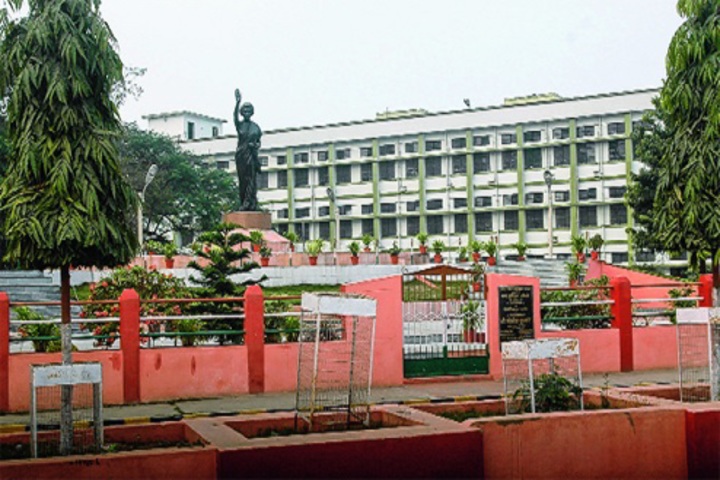
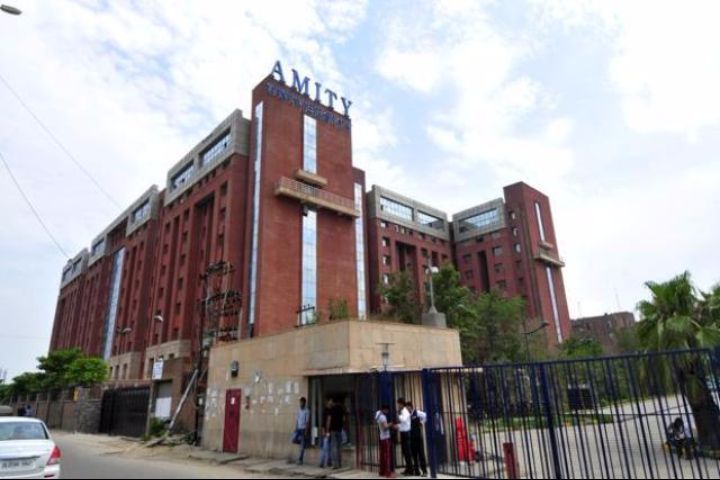

 Answer later
Answer later
